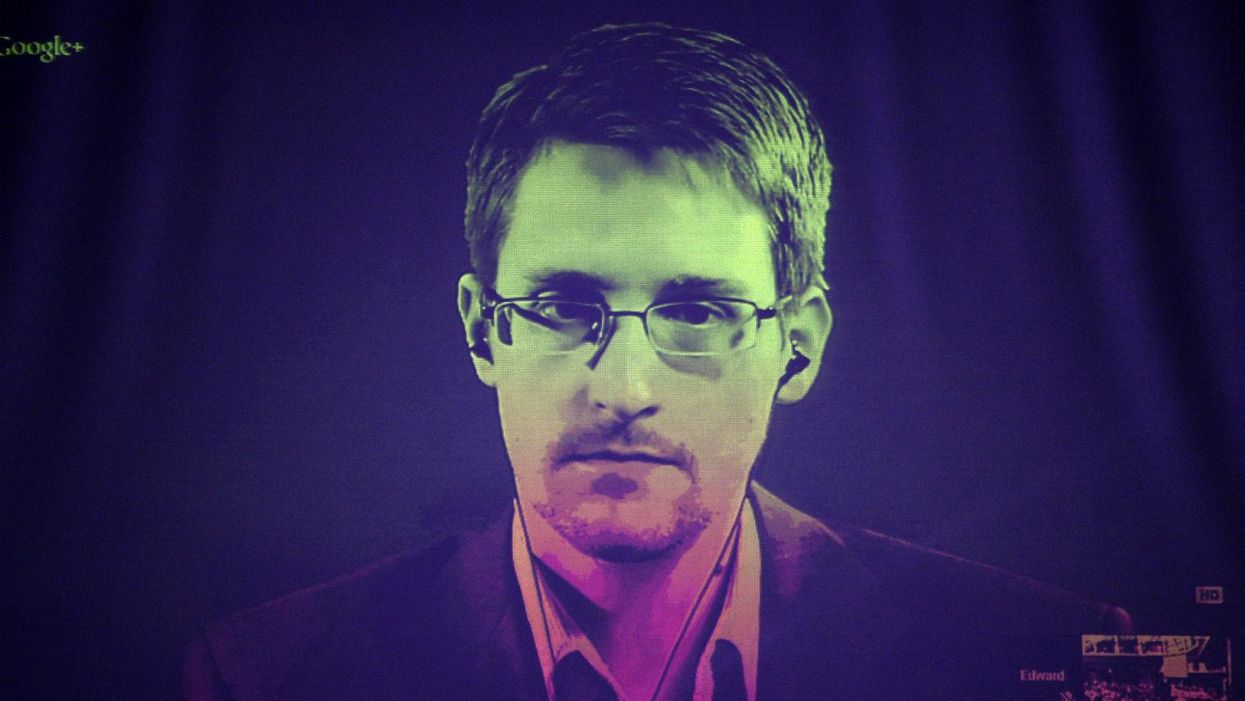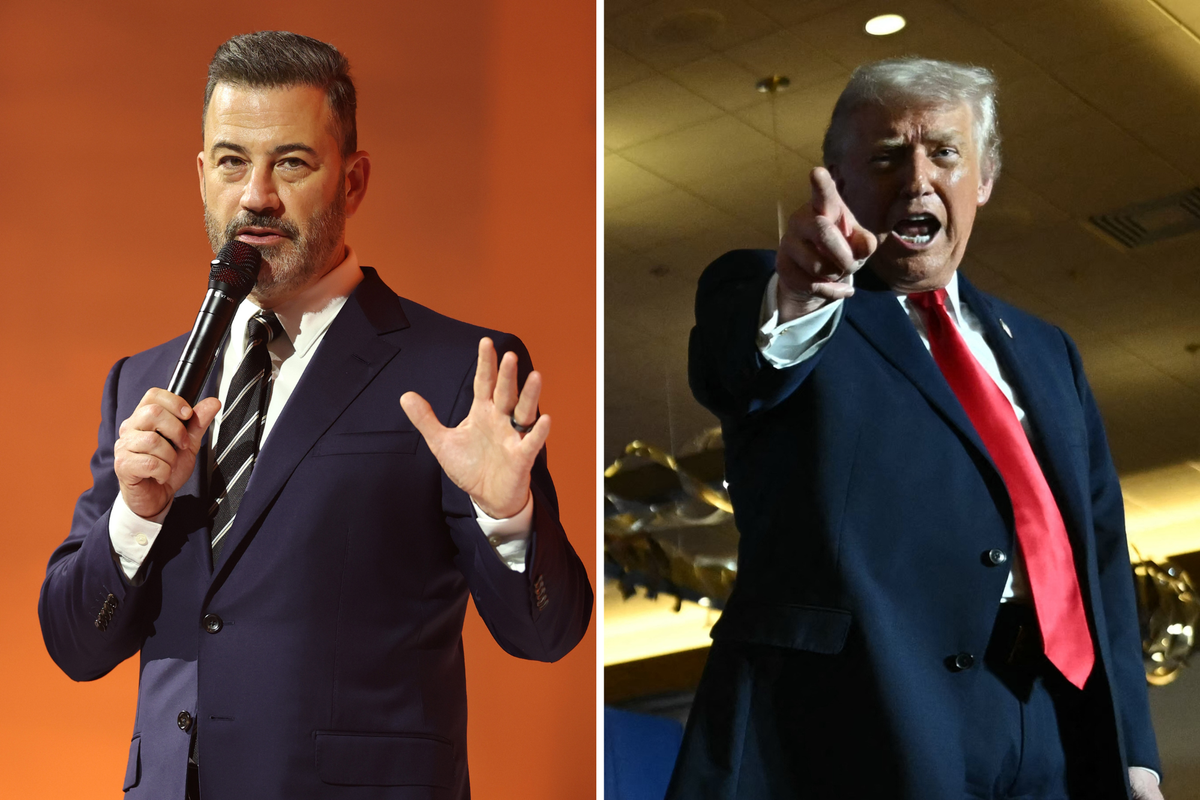Science & Tech
Bethan McKernan
Oct 28, 2015

Tuesday was an important day in the history of the internet, but for all the wrong reasons.
The European Parliament voted to pass controversial regulations which allow companies to pay for preferential treatment from internet service providers. Net neutrality campaigners say the measures will create a 'two-tier' internet, where those with the ability to pay will get faster speeds, and ISPs will act as gatekeepers.
Over in Washington, the Senate voted overwhelmingly in favour of the widely maligned Cisa bill, which critics say allows unprecedented co-operation between companies and the government for spying on private user data.
Both pieces of legislation are seen by civil liberty and internet freedom campaigners as putting the interests of corporations ahead of citizens.
What's the issue over net neutrality in Europe?
The good news headline that came out of yesterday's EP vote is that data and other roaming costs on your mobile have now been abolished when you travel in Europe.
However, many campaigners argued that the new rules are too vague and put the interests of telecoms companies above ordinary internet users.
MEPs voted down four proposed amendments that would have insured all internet traffic is treated equally, that there is no network discrimination, and kept internet traffic control out of the hand of ISPs.
Inventor of the internet Sir Tim Berners-Lee called the legislation "weak and confusing" and warned it "will threaten innovation, free speech and privacy".
What is Cisa?
Cisa is a cybersecurity bill which will supposedly make it easier for companies and the US government to share threat infomation. It was negotiated and drawn up in secret.
A group of technology law academics and tech and internet companies including Apple and the Wikimedia Foundation wrote an open letter to the Senate before the vote urging them not to pass the bill, which would allow the government to collect private industry data on almost anything, from credit statements to prescriptions. In exchange, participating companies get complete immunity from Freedom of Information requests and regulatory action relating to the data.
While the bill’s proponents said the data would be “anonymised”, whistleblower Edward Snowden has called Cisa a "vote against the internet".
Five pro-privacy amendments to the bill all died on the floor, including one which would let users know if their data was being shared.
What happens now?
While the European legislation has been approved, it is now down to EU member countries to implement it, which means Ofcom in the UK.
In the US, though, the fight isn't quite over yet.
Cisa is scheduled to go through a conference committee between the Senate and the House of Representatives (which already passed its own version of the bill) which it is likely to pass through without hurdles, and after that to President Obama, who could still veto it.
More: 11 maps and charts to challenge how you see the internet
Top 100
The Conversation (0)













